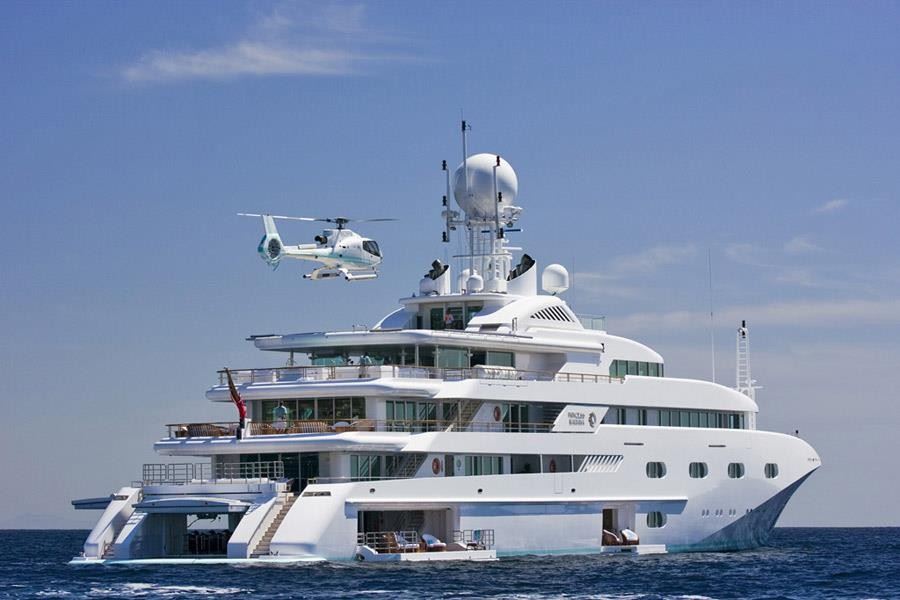
DOING BUSINESS ON INTERNATIONAL WATERS
There are several countries that are tax heavens. However, they all seem to be rather small and usually an isolated Island. There is another route of business that is tax-free and much larger than these Islands. It is the International waters.
The international waters are much freer in certain aspects than countries’ territorial waters. No country lays a claim on the sovereignty of the international waters according to the United Nations Convention on the Law of the Sea (UNCLOS). However, countries can still apply their laws to certain events or people in those waters. Doing business therefore in the international waters is an endless adventure without taxes.
Businesses spend little time on national waters: Floating businesses are tax heavens. They sail international waters most of the time and only spend a few days in the national waters of individual countries. Their passengers as such, do not meet the requirements for tax payments within the visited countries. Most countries like the UK, for example, require that an individual resides in the country for a certain period of time so as to become eligible to pay tax. If you spend less than 16 days annually in the UK, then you are automatically considered as a non-UK resident. The US tax system differs though. The US government taxes its citizens and companies, no matter where you live.
Taking the nationality of companies into consideration. Companies usually obtain the flag of convenience from 30 countries.
How business on international water works:
A company will legally register under a small island country like Panama or the Bahamas, even though that same company will be listed under the New your stock exchange. Its operating headquarters will also be within the US. The company will also cater to mostly the needs of US citizens who are sailing from the US. In this way, the company is not subjected to pay tax to either the US or the country it is registered legally under (in this case Panama or Bahamas). They will, however, pay port fees anywhere they land. To avoid taxes, the ships move along the international waters such as US west coast to Alaska which stops in Canada and to other destinations like the Caribbean’s and the Bahamas. The ships try and avoid domestic waters like the Mississippi river or the Galapagos Islands.
There are basically two types of floating tax havens. Let us take a look at them.
- Residential ships: Operating a Residential Ship that floats in the international waters is one of the floating tax havens. The ship will offer residence to thousands of people just The World ship that houses over 50,000 residents. The ship cruises along waters that are not domestic and thus they are exempted from paying tax to any country. There are certain things to consider though like the tourists access to the ship, the annual residence fees, the age of the ship that offers the residence and the flag of the ship.
- Private Yachts: There are those who cannot afford to buy an apartment on residential ships. They can still establish their own tax haven through purchasing a suitable yacht. The comfort of running the business from this yacht is nothing compared to that offered by the Residential ship, but it will still allow you to conduct businesses without paying taxes so long as you stay in the international waters. You can spend at least two weeks in every country without the need to pay taxes and other travel expenses.
It is worthy of note, however, that if you do not reside in any country, you will not be able to reduce any withholding taxes that you have to pay. You will not be entitled to use the double tax treaties to your advantage.




